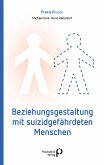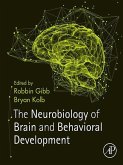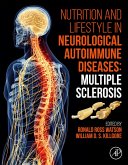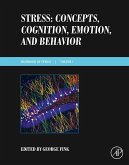Stress and Epigenetics in Suicidediscusses the central role of epigenetic modifications in suicidal behavior. As early-life stress and an individual's ability to cope with such stressors, combined with psychological factors, social factors, and existential and cognitive factors can predispose young people to suicidal behavior and put them at added risk of suicidal behavior later in life, this book provides readers with an overview of the neurobiology of stress, an introduction to the epigenetic changes induced by stress, and an understanding of how vulnerability and resilience to stress are built.
It integrates these mechanisms into a biobehavioral model of suicide based on epigenetic marks, gene-environment interactions, and other stressors. More importantly, it provides future direction for research and discusses potential interventions.
This book is an ideal and trusted resource for researchers and clinicians who are interested in learning how the environment can affect behavior through genetics, and for those seeking the development of new methods for suicide prevention.
It integrates these mechanisms into a biobehavioral model of suicide based on epigenetic marks, gene-environment interactions, and other stressors. More importantly, it provides future direction for research and discusses potential interventions.
This book is an ideal and trusted resource for researchers and clinicians who are interested in learning how the environment can affect behavior through genetics, and for those seeking the development of new methods for suicide prevention.
- Explores the neurobiology of stress and stress-related epigenetics, including discussion of the role of stress-induced epigenetic changes in behavioral, emotional, and cognitive mechanisms and whether these epigenetic marks are transgenerational
- Provides compelling biobehavioral models of suicide based on genetics, epigenetics, and behavioral adjustment
- Integrates social, psychological, and existential influences, giving readers a better understanding of the interdisciplinary nature of suicide risk factors
- Presents future directions for suicide-prevention strategies that incorporate recent research on genomics and stress resilience
Dieser Download kann aus rechtlichen Gründen nur mit Rechnungsadresse in A, B, BG, CY, CZ, D, DK, EW, E, FIN, F, GR, HR, H, IRL, I, LT, L, LR, M, NL, PL, P, R, S, SLO, SK ausgeliefert werden.









